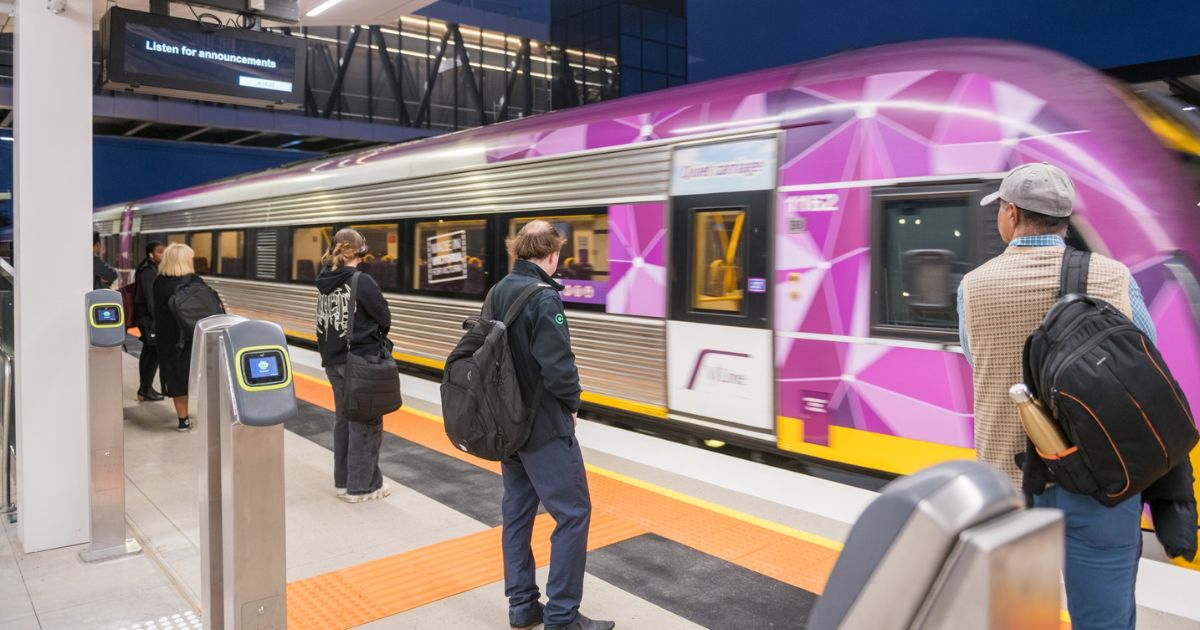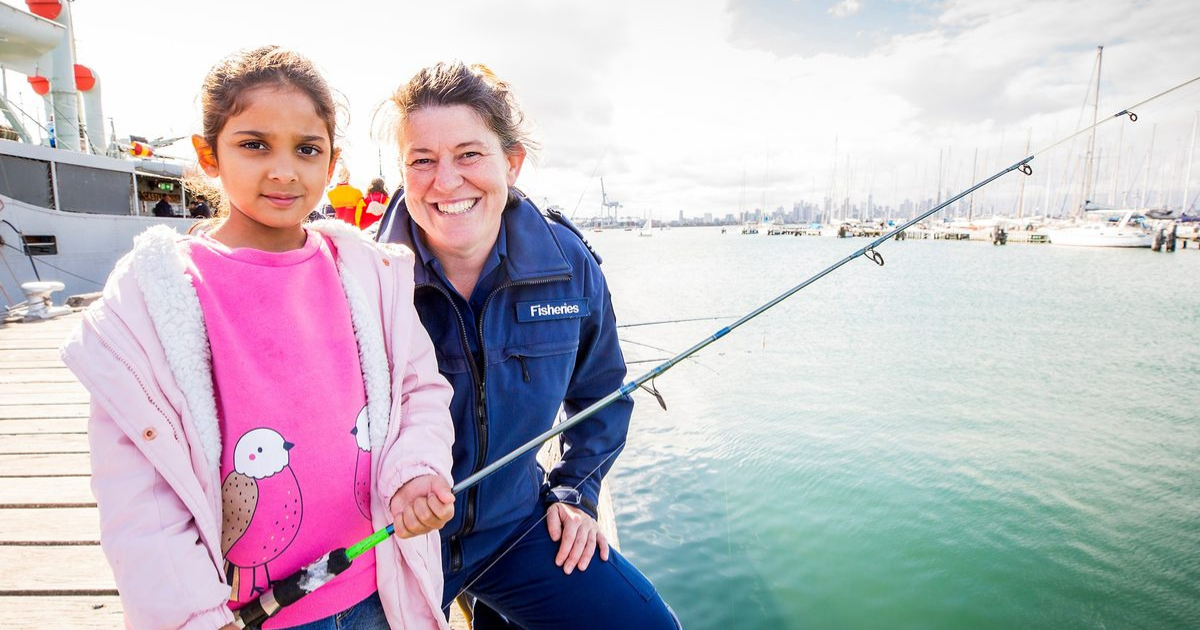Stage two of Leopold’s community hub now complete

Member for Bellarine Lisa Neville, City of Greater Acting Mayor Peter Murrihy and Councillor Jim Mason with Leopold Primary School leaders Riley, Nyah and Millie, and youngsters Hudson and Patrick. Photo: REBECCA ADAM
LEOPOLD’S eagerly-anticipated community hub and library was officially opened last week.
But locals won’t be able to visit the library just yet until it opens to the public on December 3, with the youth and senior programs starting in early 2019.
Bellarine MP Lisa Neville joined City of Greater acting mayor Peter Murrihy and Cr Jim Mason to officially open the hub, which includes a new library, meeting spaces, outdoor events space and parkland.
The ground-floor library will be stocked with about 15,000 items and is expected to attract more than 1,600 visitors each week.
The first floor features meeting rooms and other community spaces that will be used by a range of community groups, including Leopold Senior Citizens Club, Leopold Community and Learning Centre/Neighbourhood House and the Geelong Regional Library Corporation.
“This hub delivers a much-needed civic centre for the Leopold’s growing community, and builds on the success of the integrated child and family centre delivered during stage one,” Mr Murrihy said.
“We’re expecting the new library to be embraced by the local community and to attract about 1600 visitors each week when it opens to the public in December.
“While new community spaces will be hugely popular with many local groups when they start youth and senior programs early next year.”
The new facilities, which complete stage two of the Leopold Community Hub, complement a growing list of community infrastructure delivered in the town, including the Leopold Primary School and Leopold Child and Family Centre – delivered during stage one of the community hub.
The project supported 40 construction jobs and will support 21 new full-time ongoing jobs.
It is jointly funded by the city ($6.25 million), the Victorian government through its regional Infrastructure Fund ($3 million) and the Living Libraries Fund ($750,000).

















